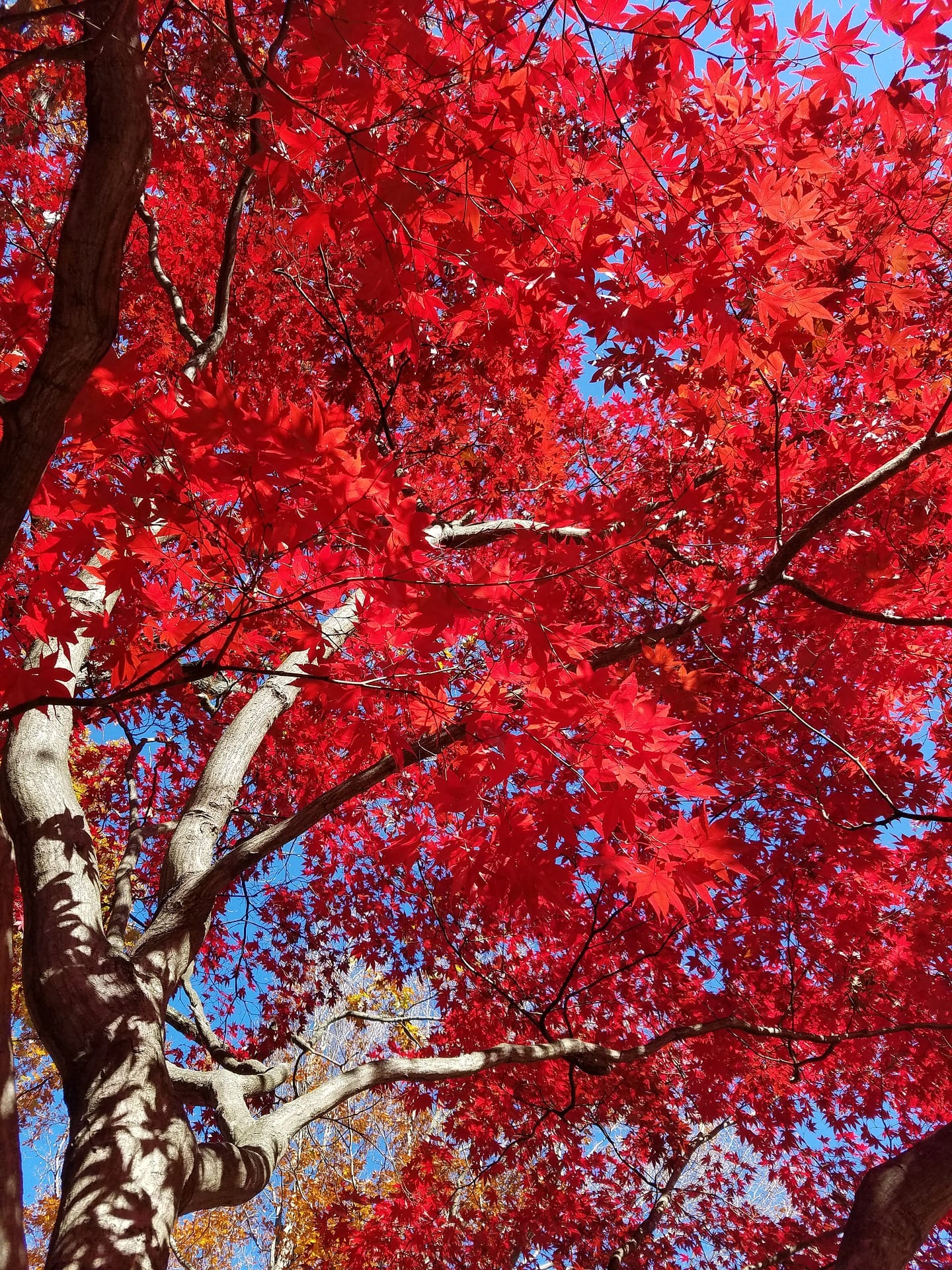Can you please explain to me the benefits of planting native trees over exotic trees? I thought having more exotic trees meant less risk for common diseases on native tree species; however, the process of naturalization indicates a focus on native tree planting over exotic. I assume exotic trees are more expense to purchase than native ones. Is that true?
Here in the US, the current thought is that we should try to plant trees native to the US where possible. The reason is that these trees are “hosts” for our native insects (bees, butterflies, moths, flies), birds, and bats that pollinate our fruits, vegetables, grains, and native forest and prairie plants that support not only the landscape, and the environment, but our food needs as well. A host refers to those trees that provide nectar, pollen, leaves to eat, or chrysalis sites for these important pollinators. The practice of planting natives allows these important natural processes to continue so that the native ecological processes can continue.
 When “exotic” trees are planted, they cannot support the native pollinators, which have not evolved to eat, breed, or lay eggs on them. We know from biology and botany that this situation is the same all over the world!
When “exotic” trees are planted, they cannot support the native pollinators, which have not evolved to eat, breed, or lay eggs on them. We know from biology and botany that this situation is the same all over the world!
As far as cost is concerned, here in the US, costs of native versus exotic trees are comparable. In fact, sometimes the native trees, because they are a relatively new commodity in the nursery business, can be higher in cost! However, the ecological cost of planting non-natives is higher in the end. We encourage planting trees that are native to your region to support native ecology all over the world.
~ Amanda Sloan, RLA, Raingarden Design Studio, Sharon, MA
ELA members have spent hundreds of hours learning the best ecological solutions to problems in the landscape. You can benefit from all that accumulated knowledge by posing a question to our experts. If you are stumped by a problem in your landscape or are looking for a second opinion on a potential solution, ask ELA’s Eco-Pros. Send your question to ela_new@verizon.net. And if you need additional help, refer to the listing of ELA Professionals.
***
Each author appearing herein retains original copyright. Right to reproduce or disseminate all material herein, including to Columbia University Library’s CAUSEWAY Project, is otherwise reserved by ELA. Please contact ELA for permission to reprint.
Mention of products is not intended to constitute endorsement. Opinions expressed in this newsletter article do not necessarily represent those of ELA’s directors, staff, or members.

